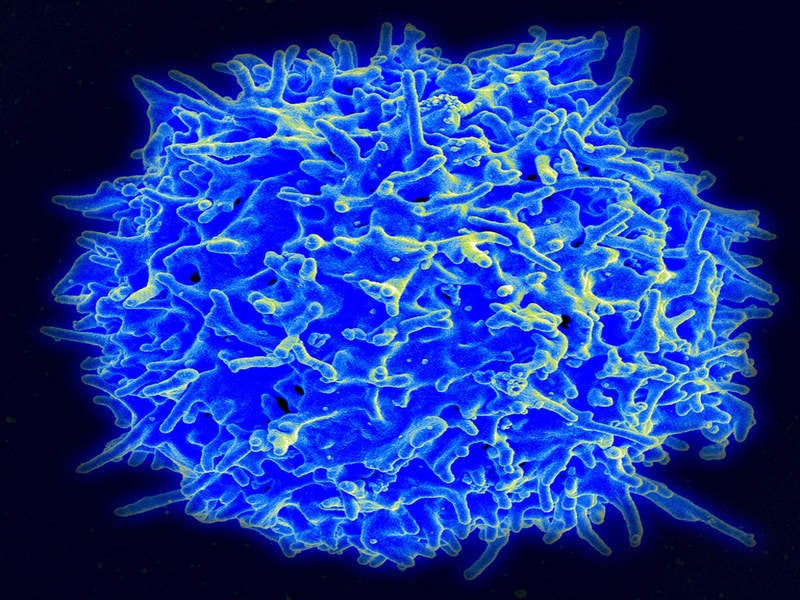

US-based biotechnology firms BioTime and Asterias Biotherapeutics have entered into a definitive merger agreement to form an integrated company focussed on cell therapies.
Under the terms of the agreement, BioTime will buy all the outstanding Asterias shares for an undisclosed sum.

Discover B2B Marketing That Performs
Combine business intelligence and editorial excellence to reach engaged professionals across 36 leading media platforms.
As per the agreement, BioTime will offer 0.71 of its shares for each share of Asterias, which will hold approximately 16.2% interest in the combined entity.
BioTime CEO Brian Culley said: “Our vision is to build BioTime into a premier cell therapy company and this acquisition can support that transformation as it not only diversifies our pipeline with two additional clinical-stage assets addressing high unmet medical needs, but also adds partnerships with notable institutions such as the California Institute for Regenerative Medicine and Cancer Research UK.”
Culley added that the merger will enable the company to address disease areas that require novel therapeutics.
Asterias Biotherapeutics pipeline consists of an oligodendrocyte progenitor cells (OPCs)-based cell therapy, called OPC1, being developed for the treatment of severe spinal cord injury. OPC1 is currently undergoing a Phase I/IIa clinical trial.

US Tariffs are shifting - will you react or anticipate?
Don’t let policy changes catch you off guard. Stay proactive with real-time data and expert analysis.
By GlobalDataIn addition, the company is developing the VAC2 cancer immunotherapy candidate in non-small cell lung cancer (NSCLC). It is being evaluated in a Phase I trial funded and conducted by Cancer Research UK.
Asterias Biotherapeutics CEO Michael Mulroy said: “The stock merger structure provides Asterias stockholders the ability to continue their investment in our clinical programs in spinal cord injury and non-small cell lung cancer as part of a larger, more diversified company with greater resources.”
The merger, subject to customary closing conditions and approvals, is expected to close in the first quarter of next year.
Cell & Gene Therapy Coverage on Pharmaceutical Technology supported by Cytiva.
Editorial content is independently produced and follows the highest standards of journalistic integrity. Topic sponsors are not involved in the creation of editorial content.


